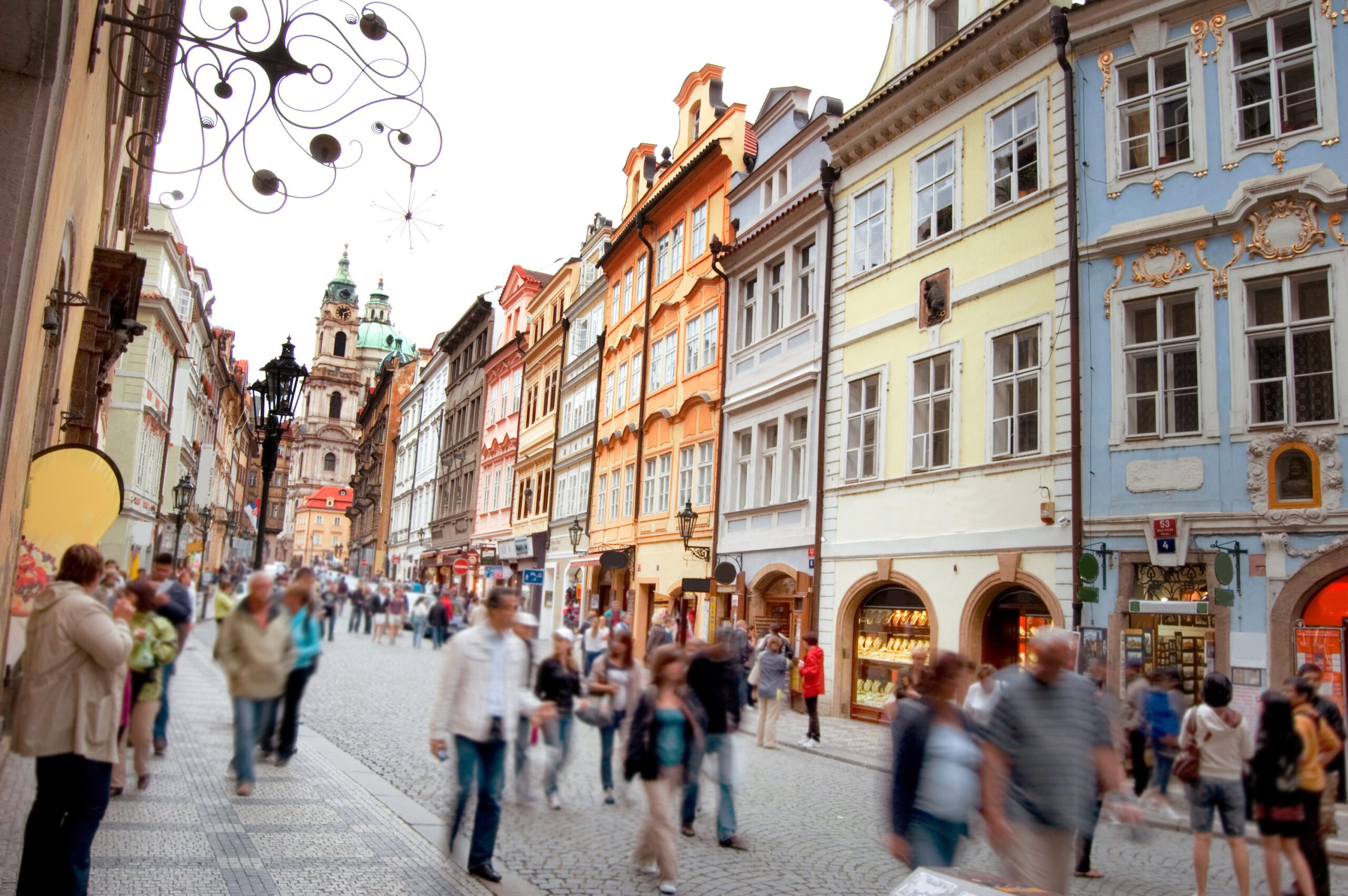There’s no question that the pandemic had a devastating effect on urban space in the UK. The acceleration of online shopping has further eroded the high street, and with a larger proportion of workers choosing to work from home permanently, restaurants and cafes that have always depended on the trade of office workers will continue to feel the impact long after the restrictions are lifted.
But cities have always been adaptable, and already we are seeing a sharp rise in buyer demand for city centre apartments, up 35% in some cities across the UK compared to April last year. Further easing of restrictions is bound to see buyer demand jump even further in our centres.
Whilst it’s true that cities became unemployment hotspots during the pandemic, there is a fair argument to suggest that it will be cities leading the economic recovery post-covid – they will continue to be centres for entertainment, culture, and education, and so will prevail in enticing people back.
Rethinking Urban Space
That being said, it’s undoubtedly the case that our cities will need to rethink the use and purpose of their space. Post-pandemic, it is likely that we will begin to see a rise in mixed use and multi-purpose space.
With a reduction in commuter footfall and the knock on effect being a fall in property values, this is the perfect opportunity for developers to get creative and step in to help reshape city centres. With more affordable rents attracting new tenants, we could see a surge in start ups occupying surplus office space, or vibrant, standalone locations vacated by chains. Businesses could offer these early-stage companies mentoring and subsidised office space.

Flexible Urban Space
As more people choose to work flexibly, office space be transformed to serve a different purpose – a place of collaboration, creativity, and culture, giving staff much needed opportunities for face-to-face interaction. Partnering with independent coffee shops, restaurants and start ups could offer much needed collaborative space.
Already we’re seeing city centre building developments comprise far more multi-use space, with retail, hospitality, residential, cultural and community spaces all sitting alongside one another, creating micro communities in which people can live, work, socialise and learn. These micro communities protect businesses from the loss of commuter footfall, catering for a full range of ages and interests where people live.
Healthy Urban Space
It’s become increasingly apparent through the months of lockdown, that an increased focus on mental health will be absolutely necessary to allow people to move forward. Rethinking urban spaces could become an intrinsic part of this. With urban centres offering more social and recreational outdoor space, there are more opportunities for exercise, breaks from the screen, fresh air and other crucial touchpoints for health and wellbeing.

Drop in Retail Offering
Since the beginning of lockdown, online sales have grown by 50% - and while this was an inevitable shift, it would likely have taken 5 years to get to this point. It’s likely that high streets will lose around 30% of their retail offerings as a result of such an accelerated shift online. Cities are going to play a crucial role in creating new jobs and helping economic recovery.
For retail to survive on the high street, companies will need to find ways to improve the customer experience – ensuring that shopping becomes part of a wider social opportunity. Nestling the surviving retail stores amongst restaurants, museums, community space and green spaces will help to give a more holistic experience and bring people back to the city. As a result, we may see a rise in cultural, recreational and hospitality options alongside offices and shops.
We’re excited to see the creative input that urban developers will have in reimagining city centre spaces. Already there are developments such as Argent LLP’s King’s Cross, Knight Frank’s work at Battersea Power Station and Ballymore’s Brentford Project, leading the way in creating spaces in which people can live, work and play.